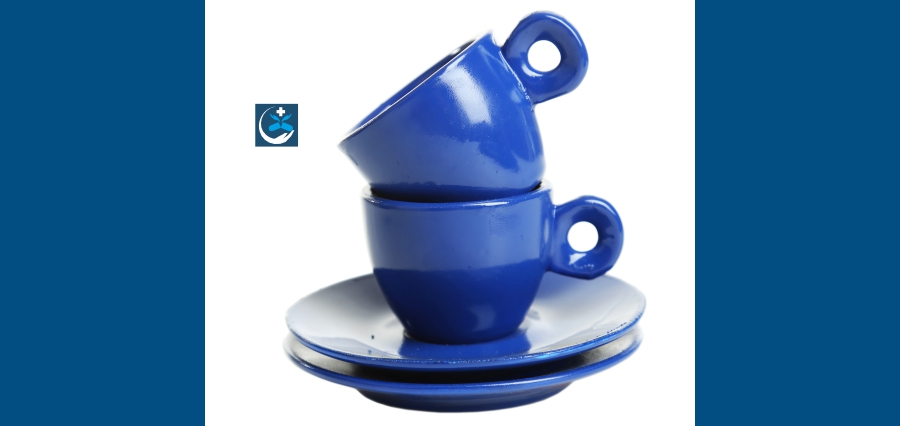Halitosis, or bad breath, is a widespread worry that many people have and may be very embarrassing. Sugar, alcohol, onions, and garlic are a few major causes of foul breath. Let’s look at several treatments and ways to avoid it. One well-known reason for foul breath is poor dental hygiene. Additionally, a few dietary decisions may also be a major factor in this problem. It is crucial to comprehend the relationship between dietary choices and halitosis in addition to practical treatments, in order to manage this ailment properly.
Coffee and tea
Both tea and coffee have qualities that might cause dry mouth, decrease salivary flow, and promote the growth of germs that cause odors. Even though these drinks are commonly consumed, consuming too much of them can increase the likelihood of having foul breath. Neha Verma, a dentist in Noida and the creator of DenDone, suggests drinking a glass of water after consuming tea or coffee to rinse the mouth and replenish moisture levels. This helps prevent dry mouth.
While some foods may cause foul breath, maintaining proper oral hygiene and following a balanced diet are essential to effectively controlling this problem.
Alcohol Consumption
Due to its high sulphite content, alcohol can cause tongue dryness, which might foster the growth of dangerous bacteria, according to Verma. Reducing alcohol intake and making sure you’re drinking enough water can help lessen the negative impacts on breath freshness.
Onions and garlic
These aromatic foods have sulfur chemicals that stay in the mouth and cause offensive breath odors. Verma claims that because garlic and onions can reach the bloodstream and be expelled through the lungs, their strong odors might linger even after full mouth cleaning.
Canned and Preserved Fish
When fish is canned, it oxidizes, creating foul-smelling substances that stick to the tongue. For lunch, canned salmon is a convenient alternative, but it might make foul breath worse.
Sugar
Sugar serves as the main fuel source for the oral cavity-dwelling bacteria that cause foul breath. Selecting sugar-free gum will help keep your mouth hydrated and stop dangerous bacteria from growing there.
Acidic foods
Fruits and vegetables with high acid content foster the growth of bacteria and cause halitosis. Although these foods are nutritious, foods high in acidity, such as tomatoes and grapes, can negatively impact dental health.
Prevention and remedies
Include breath-freshening meals and routines in your daily life:
• Eat more fruits and vegetables to stimulate salivation and inhibit the growth of bacteria.
• Chew sugar-free gum to keep your mouth hydrated and to encourage salivation.
• Eat a diet rich in natural breath fresheners, such as anise seeds, cloves, cinnamon, and parsley.
• To help with dental hygiene, drink green tea, which has antibacterial qualities.
Maintain proper dental hygiene
• Use fluoride toothpaste to properly brush your teeth, gums, and tongue at least twice a day.
• To get rid of food particles and plaque accumulation between teeth and gums, floss every day.
• To eradicate germs that cause odor and provide breath a momentary breath freshening, use mouthwash that contains antibacterial agents.
Preserve general health
• To avoid dry mouth, which is a common cause of halitosis, drink enough water.
• Refrain from smoking and binge drinking, as these behaviours can aggravate bad breath.
• Schedule routine dental visits to receive treatment for gum disease and other oral health concerns.
While some foods may cause foul breath, maintaining proper oral hygiene and following a balanced diet are essential to effectively controlling this problem.
Read More: Click Here







